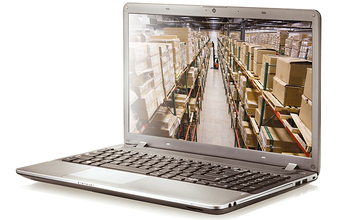
This predicted technological revolution such as the ability of machines, devices, sensors, and people to connect and communicate with each other via cutting-edge technologies like the Internet of Things is also known as ‘Industry 4.0'. Industry 4.0 is a communication led rejuvenation that could be optimally utilized in the warehousing and logistics industries. This could be achieved through reliable connectivity of data, people, processes, services, systems and IoT-enabled industrial assets or machines.
As part of this ‘Industry 4.0' initiative, the vast multitude of vehicles or machines would be able to seamlessly transfer data or communicate with one another in real-time. This data could thereafter be quickly analyzed and having a decentralized decision making structure would enable remedial measures to be quickly initiated.
The most basic adoption of technology in everyday transportation could be that of using Google Maps to not only find the best available route but also to avoid congested and traffic clogged roads thereby saving both time and money.
Across the logistics and warehousing industry, there is a need to enhance automation by increasing the number of machines. However, the more important and pressing issue is to ensure that these machines work smartly aided by cutting edge technologies.
With the adaption of Industry 4.0, most Indian companies will be able to reduce logistics and warehousing costs while having enhanced control over deliveries and quality. Furthermore, the robust data sharing between various logistics and warehousing modules will allow companies to prioritize deliveries and execute future plans flawlessly.
In conclusion, it would be appropriate to point out that supply chain networks have increasingly become complicated today since operations and manufacturing happens across geographies. In addition, logistics and warehousing models have to quickly adapt to this new globalized way of conducting business. Hence, ecosystems such as Industry 4.0 remain more relevant today than ever before and have become a necessity for not only growth but also business continuity.
The article is written by Anil Lingayat who is the Executive Vice President & Business Head at Godrej Material Handling
END



























